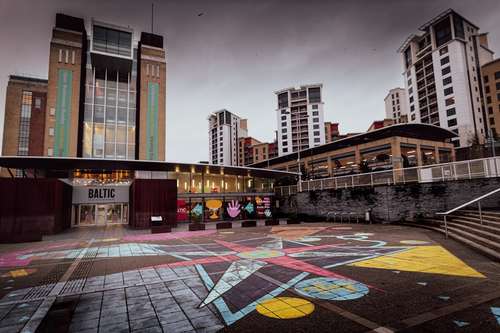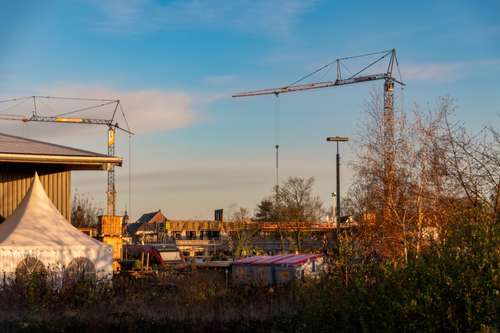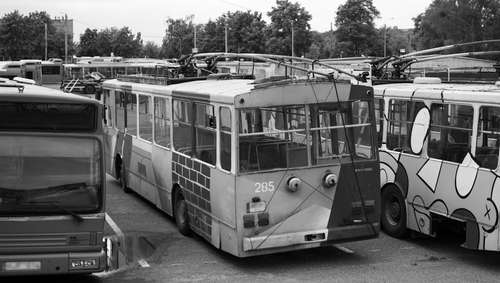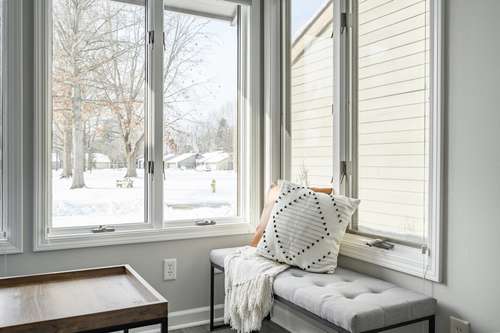The debate over the city’s latest urban planning initiative is heating up. A local music venue in Newcastle has taken a stand against converting Bermondsey Street into an arts plaza. Residents and community leaders are divided over the implications, and the air is thick with tension. This isn’t just about bricks and mortar—it’s about community impact, transportation issues, and the way different visions for city development collide. It makes you wonder: when progress meets tradition, what really wins?
Local voices are becoming louder. The plan, proposed by the Biscuit Factory, seeks to create a vibrant space for cultural events and arts activities. Yet others worry that the project could restrict accessibility, privatize public land, and lead to more traffic concerns in the area—all at the expense of neighborhood effects that have long defined this part of Newcastle.
Road Plan and Community Concerns
The ongoing road plan is stirring up significant opposition among many local businesses and community members. The proposed conversion of Bermondsey Street into an arts plaza has not only raised questions about urban planning but also about the unintended consequences of infrastructure changes. Here, the conversation is not just technical—it touches the hearts of the locals.
One of the striking concerns is the loss of public parking. For many, accessible parking is vital for attending both music events and arts shows. The new plan threatens to remove spaces that the community depends on. Some people have pointed out that these parking lots are more than just empty lots—they are lifelines that connect local events to eager audiences.
The issue escalates when you consider transportation issues and rising traffic. A road plan that restricts vehicle access can send shockwaves through city planning. It’s not merely about closing a few lanes; it’s about reworking the daily commute and drastically altering how people interact with this part of the city. How often do we stop to think about the ripple effects of such changes on local business and community impact?
Music Venue's Standpoint Amid the Debate
The music venue, known for hosting a range of performances from indie bands to local jazz ensembles, stands at the frontline of opposition. Its owners fear that the road plan will turn a vibrant community space into an exclusive hub with restricted accessibility. For them, the essence of the music industry is built on inclusivity and open access to cultural events.
With an energetic vibe and an attack on the very foundation of community engagement, the venue sees the arts plaza as a double-edged sword. On one hand, it promises a rejuvenated cultural landscape, but on the other, it risks alienating established local audiences who rely on short commutes and straightforward parking options. They argue that the plan would inadvertently create a barrier between artists and fans. After all, isn’t a good concert experience as much about the journey as it is the show?
There’s also the question of privatizing public land. Converting a part of the city meant for everyone into a space that is managed by private interests raises significant red flags. This is where public opinion mixes with issues of civic engagement. People can’t help but ask if the benefits of the arts community truly outweigh the potential restrictions posed by such a development.
Community Impact and Urban Development
The road plan’s impact on urban development cannot be understated. The proposed arts plaza stands as a symbol of modern city planning, offering opportunities for funding cultural events and hosting community art projects. In theory, it could boost local business by attracting larger crowds and stimulating civic engagement. But is this enough to justify the changes that come with it?
Critics argue that the potential increase in traffic concerns and loss of public parking will disrupt daily routines and cut off vital access points for neighborhood residents. The community impact of these changes is complex. It’s not simply a matter of adding a new attraction to city development; it’s about ensuring that transformation does not come at the cost of losing established community traditions.
In many ways, this controversy underscores the challenges of urban planning. We’re looking at a situation where infrastructure changes ripple into every facet of daily life—affecting local business, cultural events, and even the day-to-day commute. The debate touches on broader themes of social equity and the balance between progress and preservation. Urban planning here is less about concrete and asphalt than it is about ensuring every change benefits the entire community.
Local meetings have sparked heated discussions among residents. These public meetings are a testament to the level of involvement and investment that people have in their neighborhoods. Some community members have expressed that a successful city development plan should reflect a blend of tradition and modernity, ensuring that improvements in urban planning do not come at the expense of community sentiment and venue accessibility.
Looking Ahead: Balancing Development and Accessibility
So, where do we go from here? The conversation about the arts plaza and road plan is far from over, and it highlights a familiar tension in urban renewal debates. On one hand, there is a strong desire for creating vibrant, multifunctional spaces that spark artistic expression and cultural events. On the other, there is an equally strong call for preserving a sense of community and ensuring that local needs are not sidelined.
This tension is at the heart of every roadmap to successful city planning, where every decision has the potential to improve or disrupt local life. Does the promise of a lively cultural hub justify the possible drawbacks of increased traffic or restricted accessibility? The answer isn’t straightforward, and it requires weighing the benefits of civic engagement against the everyday realities of residents.
The music venue’s opposition is a clear signal. It represents more than a single business’s concern; it mirrors the collective anxiety over how urban renewal should be managed with public interests in mind. If city developments are to succeed, they must balance infrastructure changes with the realities of local life. Isn’t that what city planning should be all about—honoring heritage while embracing progress?
This debate will likely continue through public meetings and community consultations. As plans get refined and proposals are revisited, the voices of local business owners, music industry advocates, and community members will undoubtedly shape the outcome. After all, progress in city development isn't handed out arbitrarily—it’s built on the foundation of mutual respect and a shared vision for the future.
In conclusion, the conflict surrounding the Arts Plaza road plan underscores the broader struggle between growth and tradition. As the music venue stands firm against what it sees as a move that could restrict community access, the discussion prompts us all to think harder about what makes a community truly sustainable. Will the planned arts plaza foster an inclusive environment, or will it widen gaps between different sectors of the population? Only time, and a vigorous civic debate, will tell!




